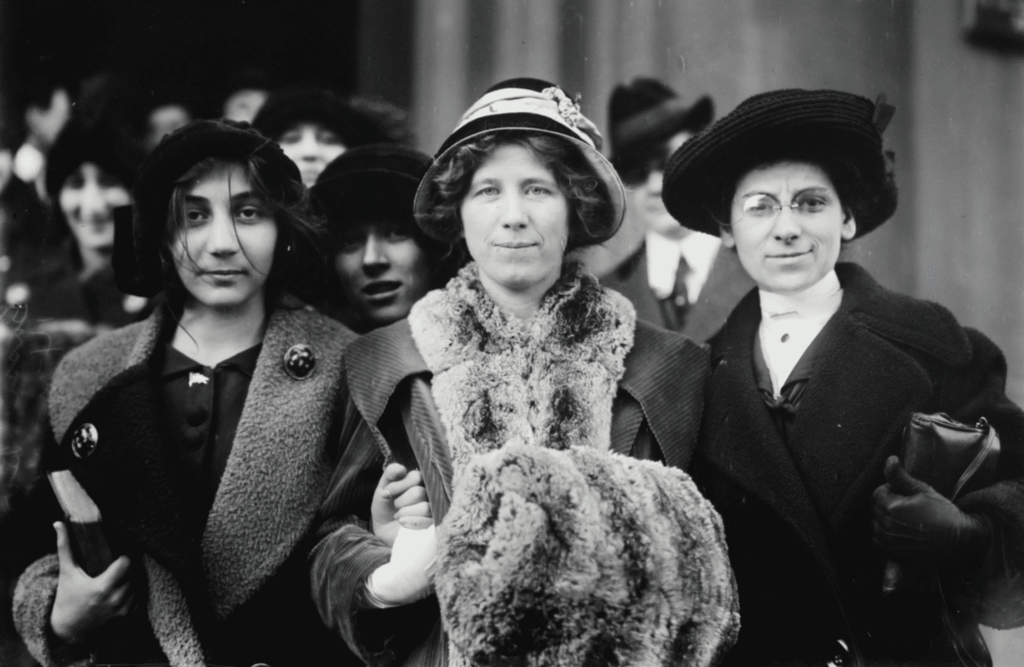 With many Canadian families facing record household debt, it's a good time for parents to consider how to teach their children about money.
With many Canadian families facing record household debt, it's a good time for parents to consider how to teach their children about money.
According to a 2011 report card on youth financial literacy, Canadian high school graduates age 25 to 29 expected to be earning more than $90,000 a year after 10 years. The study, conducted by the British Columbia Securities Commission, found that of the 3,000 people surveyed, only 44 percent had a budget and 65 percent had never looked into other banking services before deciding on the one they use. Financial literacy is an important topic, but it's only now being added to school curricula.
Step-by-step lessons on how to teach your kids about money, starting at age five to 17, are discussed in Money Savvy Kids, a new book written by personal finance expert Gordon Pape and his daughter, Deborah Kerbel. They share personal stories about how they made learning about money fun in their households. They also offer lots of additional online resources and books to help your child keep on learning.
But where do you start?
First off, it's important that your kids start to understand that different items have different values, says Deborah. When she started writing the book, she hadn't really taught her children about the concept of money. Her eight-year-old son, Jonah , was bugging her about starting an allowance and her five-year-old daughter, Dahlia, was just learning that items had different values. They had learned about counting at school and played coin games, but as they got older Deborah realized she needed to educate herself and decide whether giving her son an allowance was a good idea.
For kids who are three or four, Pat Ellingson, creative head of children's programming for TVOntario, suggests starting off by learning about coin recognition and being able to tell the difference between one coin versus another. She also suggests parents explain to their children about where money comes from. “When you go to the bank machine say, ‘This is where mom’s work cheque goes, into this bank account, this is where the money comes from and here’s my plan on where I’m going to spend the money this month,” she says.
But parents also need to practise what they preach and set a good example. “You can’t teach the kids what you don’t know,” says Gordon. “You have to have some motivation to educate yourself, at least in the basics such as budgeting and credit management.”
Like any other lessons you teach children, the only way to get them excited and have the knowledge stick is by making it fun. “Especially with young kids, if it’s not fun they’re just going to tune out,” says Deborah. Children usually want to see what mom and dad are doing, so let them see when you pay for an item or use your credit card.
Money can be an uncomfortable topic in any household, but Deborah suggests answering your children's questions, instead of avoiding them.” You can choose how much detail you go into it with your kids depending on the age and maturity,” she says. “You’re not going to learn about money if it’s a hush-hush subject in the house.
“We use money every day and it’s always an opportunity to involve your kids and let them see you’re putting thought into your decision.”
Here are some resources and games to teach your kids about money:
Carney the Cat: This TVO show is aimed at two- to five-year-olds and teaches them how to recognize money. Coin Spot is an online game that builds upon lessons learned in the show.
Tumbletown Tales: This TVO follows Tumbleweed the hamster as he learns about math and money. Children can practise what they've learned with online game Coin Combo.
Learning Money with Leo (iPad app): This RBC-produced app is aimed for three- to six-year-olds. It provides interactive games about how to recognize coins and teaches kids about the concept of earning and saving.
Lil' Money Savers: ING Direct teaches your children about saving and spending through cute polar bears and other wildlife.
Planet Orange: ING Direct sponsored this online game aimed towards children in grade one to six. Children learn about saving and investing, all while embarking on missions in different planets.










